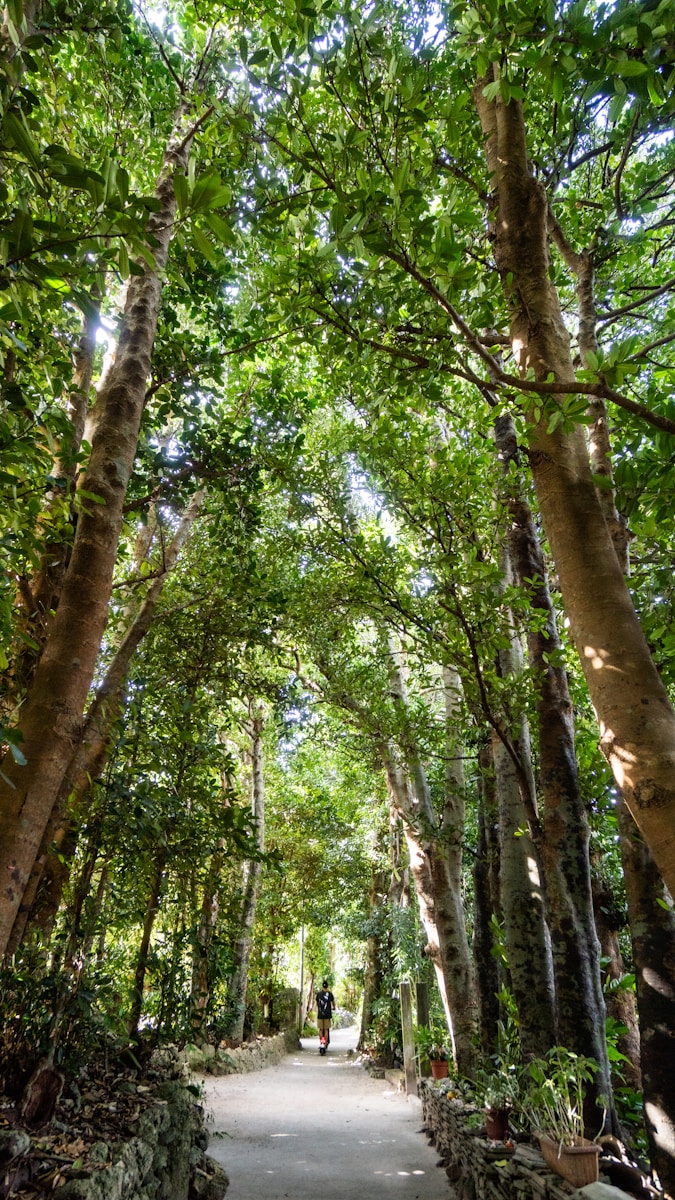
The tropical forests of Brazil are more than a natural treasure—they are the backbone of global biodiversity and a critical buffer against climate change. With mounting deforestation pressures, Brazil has pioneered innovative strategies to finance and protect its forests while ensuring sustainable economic growth. In this article, we explore seven powerful approaches that are redefining forest finance and setting an example for the world.
Brazil has embraced green bonds as a tool to channel private investment into forest conservation projects. These bonds allow investors to fund reforestation, sustainable logging, and biodiversity programs, while earning returns linked to environmental performance. According to World Bank, green bonds are proving highly effective in aligning financial incentives with ecological outcomes, creating a win-win scenario for both investors and nature.
Payments for ecosystem services (PES) reward local communities for maintaining forest cover and protecting biodiversity. Brazil’s PES initiatives provide financial compensation to landowners who adopt sustainable practices, from reforesting degraded lands to conserving wildlife habitats. This approach has not only reduced deforestation rates but also improved local livelihoods, demonstrating that economic growth and environmental protection can coexist harmoniously.
Integrating sustainable agriculture with forest management is another cornerstone of Brazil’s forest finance strategy. Programs encourage farmers to adopt agroforestry, reduce chemical inputs, and enhance soil health. By linking agricultural subsidies and credits to sustainable practices, the government ensures that farming and forest preservation go hand in hand, resulting in healthier ecosystems and long-term economic resilience.
The concept of Forest Finance is rapidly transforming how the world approaches tropical forest conservation. Brazil has emerged as a global leader in this innovative approach by launching the Tropical Forests Forever Facility (TFFF), a groundbreaking $125 billion fund. Unlike traditional climate aid programs, this fund operates as an endowment, generating returns from investments in financial markets and channeling the profits directly into preserving and protecting tropical forests. The initiative represents a bold step toward aligning financial incentives with tangible environmental outcomes, demonstrating that large-scale conservation is achievable when sustainability meets smart financing.
One of the most remarkable aspects of Brazil’s Forest Finance strategy is its long-term focus. Traditional grants often provide one-off funding that may not guarantee sustained conservation. The TFFF is designed to deliver annual performance-based payments to countries that successfully maintain their tropical forests. With projections suggesting that initial contributions could support payments for up to 40 years, the fund ensures that forest protection becomes a reliable source of economic support for nations. This stability encourages governments to prioritize long-term environmental strategies over short-term economic gains, a shift that is essential in tackling climate change.
Brazil’s leadership in Forest Finance has attracted significant international support. Countries like China, the United Kingdom, France, Germany, Norway, Singapore, and the United Arab Emirates have expressed preliminary backing, while eight South American nations have pledged commitment at the recent Amazon summit. This collaboration underscores a global recognition that protecting tropical forests is not just a national priority but a shared responsibility. The TFFF demonstrates how coordinated international finance can drive meaningful ecological outcomes while offering clear economic benefits for participating nations.
Empowering local communities to manage forests sustainably has been a game-changer in Brazil. Community-led initiatives provide training, funding, and technical support for small-scale forest enterprises. These programs not only enhance forest stewardship but also create job opportunities, strengthen social cohesion, and promote cultural values tied to the land.
Brazil is capitalizing on the global demand for carbon credits to finance forest conservation. By generating verified carbon credits from reforestation and avoided deforestation projects, the country attracts international investment. These funds are reinvested into forest preservation, creating a virtuous cycle that links climate action directly to economic incentives. The success of Brazil’s carbon credit programs is increasingly recognized by organizations like United Nations Climate Change.
Cutting-edge technology, including satellite imagery, drones, and AI-powered monitoring systems, enables Brazil to track deforestation and illegal activities in real time. This innovation improves enforcement, supports transparent reporting, and ensures that financial resources are efficiently allocated to the areas most in need. By combining finance with technology, Brazil sets a global benchmark for smart, accountable forest management.
Brazil has leveraged public-private partnerships (PPPs) to fund large-scale forest projects. By collaborating with corporations, NGOs, and government agencies, these partnerships mobilize resources for sustainable forestry, reforestation, and eco-tourism initiatives. This approach ensures that financial risks are shared while maximizing impact, creating scalable solutions that benefit both the environment and the economy.
Education and awareness are essential for long-term forest conservation. Brazil integrates environmental education into local schools and community programs, teaching the next generation about sustainable practices and the economic value of forests. This ensures that forest finance is not just about money, but also about cultivating knowledge, responsibility, and a conservation mindset for the future.
Investing in scientific research helps Brazil develop new methods for sustainable forestry, carbon capture, and biodiversity protection. Research grants and innovation hubs foster the development of eco-friendly technologies and market solutions that enhance forest finance. This commitment to innovation strengthens Brazil’s position as a global leader in tropical forest management and sustainable economic growth.
Eco-tourism offers a sustainable revenue stream that supports forest conservation while benefiting local communities. Brazil encourages eco-tourism through financial incentives, grants, and marketing support, turning protected areas into educational and recreational hubs. This strategy links financial gain directly to environmental stewardship, reinforcing the principles of Forest Finance. Learn more about eco-tourism initiatives in Brazil in our detailed guide here.
Forest Finance in Brazil demonstrates how strategic investment, community engagement, technology, and innovation can transform tropical forest management. By implementing these 7+ strategies, Brazil not only safeguards its rich biodiversity but also sets a global precedent for sustainable development. The synergy of finance and conservation creates a resilient future, proving that protecting forests is both an ecological necessity and a lucrative opportunity.